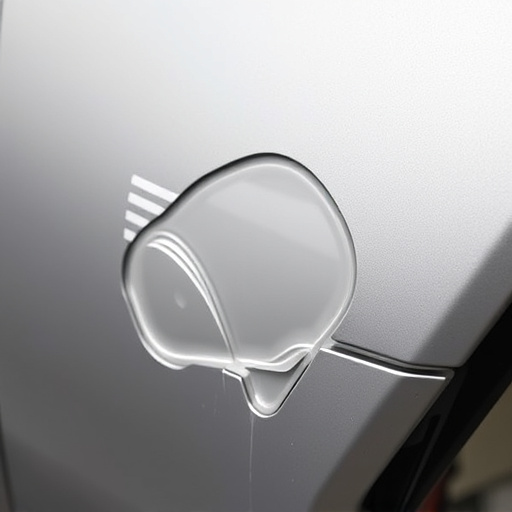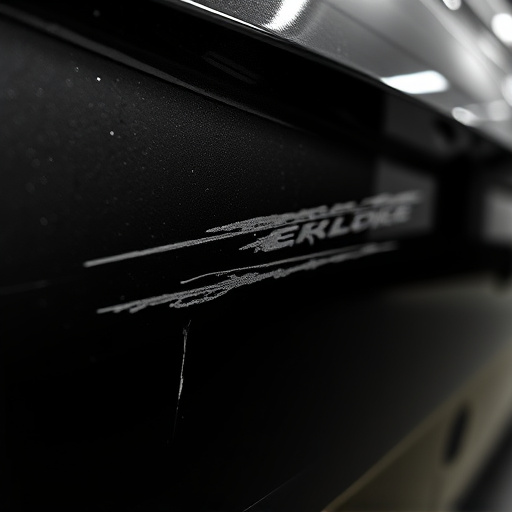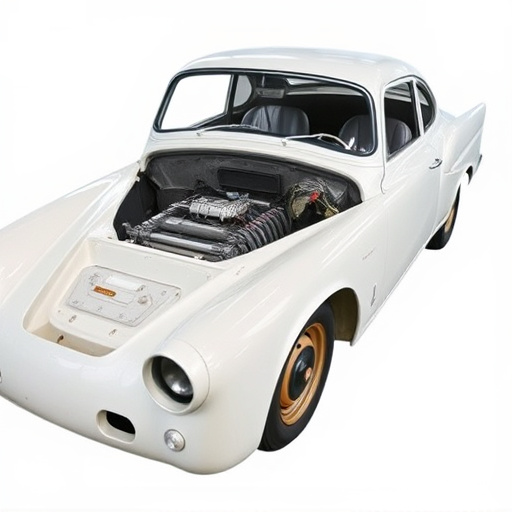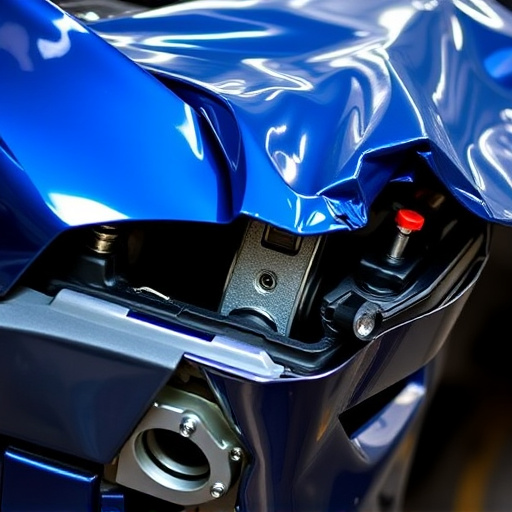The auto industry shifts from steel to aluminum body components for lighter, fuel-efficient vehicles. Aluminum's strength-to-weight ratio enhances performance and reduces emissions, with superior durability and recyclability making it a sustainable long-term solution. This trend drives environmental sustainability, safety improvements, and advanced design flexibility in car manufacturing.
Aluminum body components have emerged as a game-changer in modern auto manufacturing, offering lightweight yet robust alternatives to traditional materials. This article explores the rise of aluminum in the industry and delves into its extensive benefits and diverse applications, from structural elements to engine components. Furthermore, we analyze future trends, highlighting how aluminum is poised to play an even more significant role in shaping the cars of tomorrow.
- The Rise of Aluminum in Auto Manufacturing
- Benefits and Applications of Aluminum Components
- Future Trends: Aluminum's Evolving Role in Cars
The Rise of Aluminum in Auto Manufacturing

The auto manufacturing industry has witnessed a significant shift towards aluminum body components, marking a departure from traditional steel. This transition is driven by several factors, primarily the growing demand for lighter, more fuel-efficient vehicles. Aluminum offers exceptional strength-to-weight ratio, enabling automakers to design and produce cars that are both robust and environmentally friendly. By incorporating aluminum into their manufacturing processes, carmakers can reduce overall vehicle weight, leading to improved fuel economy and lower emissions.
This trend towards aluminum is not just a passing fad but a strategic move to meet evolving consumer preferences and stringent environmental regulations. While the initial costs of using aluminum may be higher, its advantages in terms of durability and corrosion resistance make it a viable long-term solution. Moreover, with advancements in recycling technologies, the environmental impact of aluminum body components is minimized, further attracting eco-conscious consumers and facilitating sustainable automotive practices, including efficient automotive collision repair, car paint repair, and vehicle dent repair processes.
Benefits and Applications of Aluminum Components

Aluminum body components have revolutionized modern auto manufacturing due to their exceptional properties. They offer a significant weight reduction compared to traditional steel bodies, resulting in improved fuel efficiency and enhanced performance. This lightening effect not only benefits fuel economy but also reduces stress on other parts of the vehicle during collisions, potentially lowering repair costs at collision centers and minimizing the need for extensive automotive restoration.
Additionally, aluminum’s natural corrosion resistance makes it a sustainable choice. It requires no additional coating for protection, unlike steel that often needs rust prevention treatments. This durability translates to longer-lasting vehicles and reduces the frequency of vehicle paint repair. Moreover, aluminum is recyclable, contributing to a greener automotive industry and minimizing environmental impact.
Future Trends: Aluminum's Evolving Role in Cars

As the automotive industry continues to evolve, aluminum is set to play an increasingly prominent role in car manufacturing. The future trends indicate a shift towards lighter and more sustainable vehicles, where aluminum body components offer significant advantages over traditional materials. Its versatility and excellent strength-to-weight ratio make it an ideal choice for automakers aiming to reduce vehicle weight without compromising structural integrity.
With advancements in technology, we can expect to see even more sophisticated aluminum alloy formulations, enhancing performance and enabling innovative designs. This trend will not only benefit the environment by reducing fuel consumption but also improve safety standards. Moreover, as body shop services adapt to these changes, frame straightening techniques will become more precise, ensuring that aluminum bodies are restored to their original specifications, extending the lifespan of these valuable components.
Aluminum body components have emerged as a key component in modern auto manufacturing, offering significant benefits such as lightweight construction, improved fuel efficiency, and enhanced structural integrity. As we look ahead, ongoing advancements in aluminum alloys and production techniques promise to further revolutionize the automotive industry. The future of vehicles is set to be lighter, more efficient, and environmentally friendly, with aluminum playing a central role.














